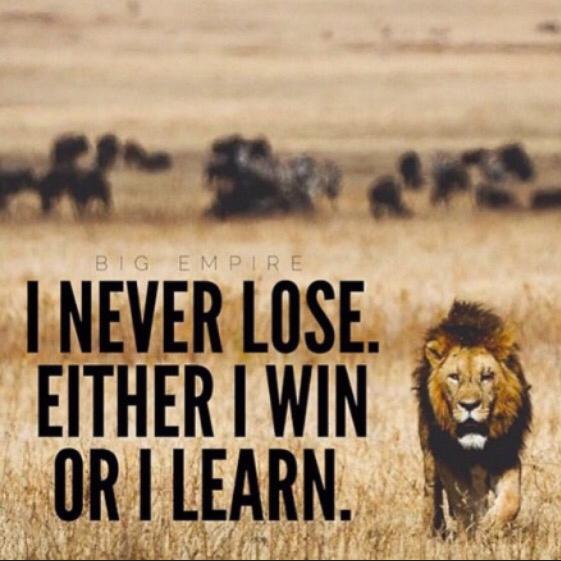Trade Like a Casino: Find Your Edge, Manage Risk, and Win Like the House
Any quick drive through Las Vegas makes it pretty clear who is rolling in the money – the Casinos! Why do gamblers keep going back despite losing most of the time? Misplaced hope, fantasies about the big win, promising themselves they will walk away when they are up and still winning, and probably the inability to calculate probabilities. These symptoms may sound familiar to new traders who have lost money in the stock market, especially when we were new to trading and had delusions of grandeur about trading theirway to prosperity quickly and easily.
In gambling there are really only two sides to choose to be on, either you are a gambler or you are the house. The gamblers have the long term odds stacked against them. The more they gamble, the more the odds are that they will inevitably lose. The casino has stacked the odds on their side over the long haul. The more the gambler keeps gambling, the more the odds shift in favor of the casino operator. The more they gamble the greater the chance the gambler will leave empty-handed.
The book featured in this blog post explains the winning principles of trading by using the casino paradigm. Profitable traders operate like casinos, with the odds in their favor over the long term. They have learned to trade with historically, back-tested trading systems that put the odds on their side. Much like casino operators, they risk small amounts of equity per trade (around 1% – 2% of their accounts), so no one trade can hurt them financially and mentally for that matter.
Most unseasoned traders behave like gamblers, with no real advantage. They plunge large bets on stocks so haphazardly that they just have a 50-50 shot like a roulette wheel – red or black. Many times these traders hurt themselves even worse by buying into the market in a downtrend and shorting into a rally, believing that they can pick the bottom or top. Some new traders would love to have a 50/50 win ratio, many actually to all the wrong things and are no where near a 50% win rate. (more…)

